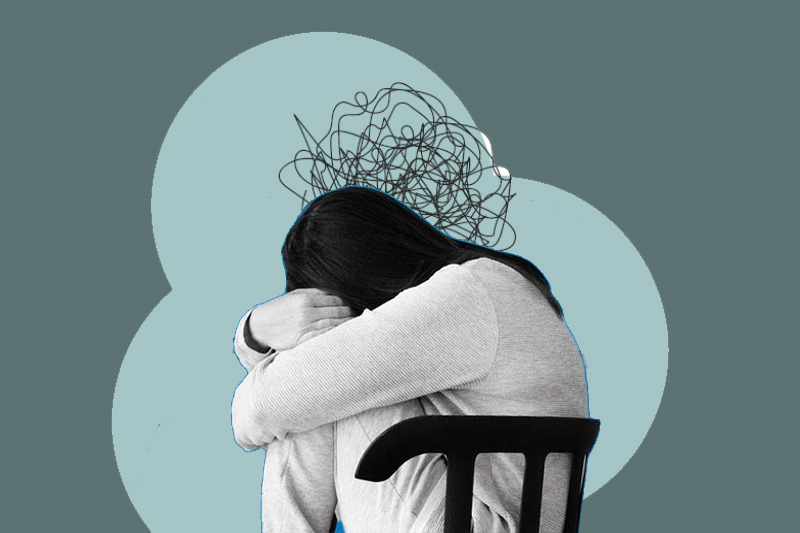
mental health for women 8 ways to improve
Working women must monitor their stress levels and mental health to better care for them. Mental health at the workplace is equally important.
What is mental health?
Mental health is a personal matter. It is sensitive, individualized, and subjective. An individual’s mental health status can change depending on the circumstances.
No matter where we live and spend our time, at home, at work, or in social settings, mental health also plays a role. It also includes the work realm. The pressure to meet deadlines, a person’s social relationships with coworkers, and other factors can all impact their mental health.
Women frequently balance their personal and professional lives in the workplace differently than men. There is an unspoken pressure that working women may experience. Juggling professional obligations, household responsibilities, and caregiving responsibilities places a heavy burden on women, potentially leading to increased stress levels and an increased risk of burnout as they manage multiple roles.
The constant pressure of obligations for work, the home, and caregiving can bring on a perfect storm of stressors.
Keep Reading
How Does Mental Illness Affect Physical Health?
• Stress can physically result in a weakened immune system, which makes women more prone to illnesses and infections.
• It may also be a factor in chronic pain, headaches, and digestive problems.
• Stress practically has negative effects on the majority of body parts.
• Emotional stress can negatively impact mental health, resulting in signs of depression and anxiety.
• Prolonged exposure to high levels of stress can also raise one’s long-term risk of cardiovascular issues like high blood pressure and heart disease.
• Stress can also interfere with sleep cycles, resulting in fatigue and sleep disturbances.
Working women can incorporate a variety of stress-reduction techniques into their daily lives. Women themselves, families, and carers can work together to foster a better mental health environment.
1. It is crucial to acknowledge and deal with the stress women in the workforce experience.
2. This acknowledgment plays a crucial role in promoting their general well-being by enabling them to keep their mental agility, resiliency, and emotional equilibrium at their highest levels.
3. Because people with sound mental health are more engaged, motivated, and focused at work, their productivity, and efficiency are increased.
4. Useful time management strategies, like prioritizing tasks and establishing attainable goals, help foster a sense of control and reduce stress.
5. Setting self-care activities, such as exercise, meditation, mindfulness training, deep breathing exercises, and hobby pursuits as priorities can help you manage stress.
6. Maintaining a healthier work-life balance involves drawing boundaries between work and personal life, learning to say no, and setting reasonable expectations.
7. Creating a strong support system of friends, family, and coworkers gives one a sense of community and emotional support.
8. Clear communication reduces stress brought on by disagreements and helps needs to be expressed.
If stress becomes unbearable, getting assistance from a mental health professional is essential.









